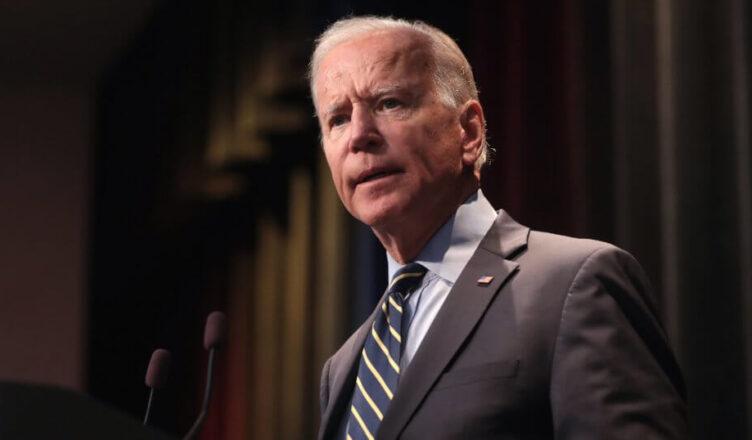Families of victims who died during September 11, 2001 terrorism attacks on the U.S. are divided about getting money seized from Afghanistan.
After President Joe Biden’s chaotic withdrawal from Afghanistan, the U.S. stopped giving the country foreign aid, which had totalled around $8 billion per year. Then, he ordered that all Afghanistan Central Bank funds held in U.S. banks be frozen. In one fell swoop, President Biden deprived the new Taliban government of access to approximately $7 billion of the country’s money.
The Washington Examiner further reported:
President Joe Biden’s response to that new dynamic has dismayed Afghan citizens living through the economic crisis wrought by the collapse of Afghanistan’s democracy and empowered a small group of 9/11 families represented by one of his former advisers. This led Eagleson to suspect that a “dirty inside deal with the administration” lies at the heart of an acrimonious legal dispute between many victims of Taliban terrorism.
“So no one has seen that money yet,” Eagleson said. “And it’s our presumption that nobody will probably see that money for at least a couple of years, if we even are allowed to see any of that money.”
Biden’s team moved first to prevent the Taliban from accessing those funds. Likewise, Western powers and international institutions also stopped providing the foreign aid that has fueled so much of the Afghan economy over the past two decades.
“This was a difficult challenge for the administration, and there were no easy solutions and pitfalls and trade-offs for whatever approach they took,” U.S. Institute for Peace senior economist William Byrd told the Washington Examiner. “What caused the huge economic shock in Afghanistan was not mainly the freezing of reserves, per se, but the stopping of aid that came to an abrupt halt after Aug. 15 last year, and that aid was about $8 billion a year. … At one fell swoop on Aug. 15, $8 billion of annual inflows were lost, and that was the real economic shock.”
Eagleson is one of the thousands of Americans involved in various lawsuits seeking accountability and compensation for the attack on the World Trade Center, which killed Eagleson’s father, Bruce. Those efforts focused chiefly on states such as Saudi Arabia and Iran, but a small group of 9/11 families known as the Havlish plaintiffs secured a default judgment against the Taliban in 2011. Eagleson is a member of a group known as the Ashton plaintiffs who are trying to stake their own claim to the Afghan central bank reserves.
The various victims of Taliban-sponsored terrorism soon received another shock when on Aug. 27, the day after the suicide bombing that killed 13 U.S. service members deployed for the evacuation through the Kabul airport, the Havlish plaintiffs obtained a writ of execution from a federal judge. This arcane-sounding legal maneuver set the stage for them to seize the Afghan central bank reserves as payment for the judgment against the Taliban that they had won in 2011 — a startling proposal for many observers of the Afghan economy, as well as some other Taliban victims.
“That money should not go to 9/11 families,” said 9/11 Families for Peaceful Tomorrows member Phyllis Rodriguez, whose son Greg worked in the north tower. “This is a total misunderstanding of what these funds are. … This money belongs to the Afghan people. Without this money, there’s no liquidity in Afghanistan. So there’s a real economic and humanitarian crisis going on. Restoring this money to the bank would help a lot.”
Rodriguez’s assertion takes aim at the fundamental theory of the Havlish plaintiffs, who have argued that the central bank reserves can be treated as Taliban funds for purposes of their lawsuits. The Biden administration, after an initial delay, tried to thread the needle in February by issuing an executive order that opened the door to using half of the reserves “to meet the needs of the Afghan people” while stipulating that the other half of the frozen funds would remain “subject to ongoing litigation by U.S. victims of terrorism” linked to the Taliban. And that decision presented federal judges with the fraught question of which families have a rightful claim to the funds — or, indeed, if any of them do.
